As a regional security guarantor for the former Soviet Union, the Russian government was extremely upset by the presence of a group of US soldiers in Armenia to participate in a peacekeeping exercise.
The 10-day exercise, called “Eagle Partner,” will begin on Monday, involving 85 US and 175 Armenian troops and is designed to prepare Armenian forces for international peacekeeping missions.
Although small in scale, the exercise is part of a series of “unfriendly actions” from a country that has historically been an ally, according to the Russian defense ministry.
Recently, Armenia sent humanitarian aid to Ukraine for the first time.
Armenia's newfound international rapprochement stems in part from frustration with Russia's failure or unwillingness to defend the country from Azerbaijan's aggression, and raises questions about Russia's ability to control countries and conflicts in the region, according to CNN.
Armenian Prime Minister Nikol Pashinyan said the country was beginning to taste the “bitter fruit” of the “strategic mistakes” made in its decision to entrust almost all responsibility for his country’s defense to Russia.
“Armenia’s security structure is 99.999% linked to Russia. But today we can see that Russia also needs more weapons. Even if it wanted to, Russia would not be able to provide Armenia with enough defense supplies,” said Nikol Pashinyan.
Since Mr Pashinyan took office in 2018 following Armenia's “Velvet Revolution”, his country has faced escalating tensions with Azerbaijan.
At the heart of these tensions lies Nagorno-Karabakh, a landlocked region in the Caucasus Mountains that has been the source of two wars between the neighbors in the past three decades, most recently in 2020. Nagorno-Karabakh is internationally recognized as part of Azerbaijan, but its population is predominantly ethnic Armenian.
The 44-day conflict in the fall of 2020 exposed the Armenian military’s weakness. Azerbaijan, armed with drones and F-16 fighter jets supplied by Türkiye, won an overwhelming victory, seizing a third of Nagorno-Karabakh and directly attacking Armenia.
Russia helped end the conflict by brokering a ceasefire agreement that allowed 2,000 Russian peacekeepers to enter Nagorno-Karabakh to protect the Lachin Corridor, the region's only road link to Armenia.
But Russian peacekeepers have not prevented the Azerbaijani military from setting up a military checkpoint along the Lachin corridor to prevent food from being transported into the enclave. Azerbaijan denies the blockade, while Russia insists it is still doing its job.
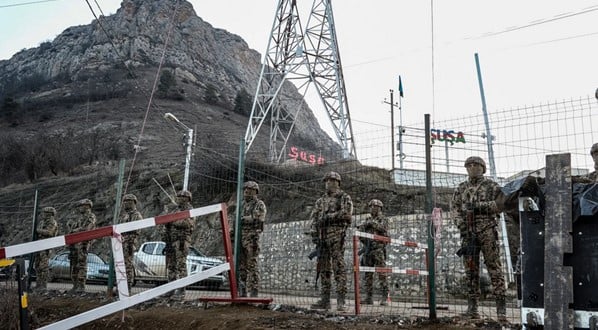
Azerbaijani soldiers stand guard at a checkpoint in the Lachin corridor, which connects the disputed Nagorno-Karabakh region with Armenia. Photo: Tofik Babayev/AFP/Getty Images
Armenia's concerns
Russia's inability or unwillingness to intervene has frustrated the Armenian government, said Vahram Ter-Matevosyan, an associate professor of foreign policy at the American University of Armenia.
“Armenia has done almost everything Russia wanted over the past 30 years,” Mr. Ter-Matevosyan said, including suspending European integration efforts in 2013 after Moscow expressed opposition.
After so long accommodating Moscow’s wishes, Yerevan had expected Russia to deliver on its security commitments, which it promised to provide through the Collective Security Treaty Organization (CSTO), a military alliance of former Soviet states, including Armenia. But over the years, analysts say Russia has repeatedly broken many of its commitments within the organization.
“Russia has not fulfilled its promise to ensure the security of the Lachin corridor… Russia has not provided enough weapons that Armenia purchased from Russia, Russia has not prevented the expansionist and aggressive actions that Azerbaijan has carried out against Armenia,” Ter-Matevosyan said.
Faced with this reality, Armenia had no choice but to decide to diversify its security apparatus, Ter-Matevosyan said.
Unforeseen consequences
Some analysts say Russia is unable to uphold the terms of the ceasefire because it is distracted by its special military operation in Ukraine.
Marie Dumoulin, director of the Europe program at the European Council on Foreign Relations, said the current situation is partly a consequence of Russia's attempt to keep both Armenia and Azerbaijan on its side, a goal she said is impossible given Azerbaijan's aggressive behavior.
“Since the war in 2020, Russia has been struggling to choose between Armenia and Azerbaijan, and in the eyes of the international community, this means that it has chosen Azerbaijan. It is just a passive attitude. But this passive attitude is in favor of Azerbaijan,” said Marie Dumoulin.
She also pointed to the increasingly close ties between Moscow and Baku – rooted in the personal relationship between Putin and Azerbaijani President Ilham Aliyev – which have had a negative impact on Armenia.
“I don’t think Pashinyan is the type of leader that Putin likes. He became a leader after a revolution. He has democratic, reformist, anti-corruption views. Aliyev is the type of leader that Putin is much more comfortable with,” said Marie Dumoulin.
Relations between Mr Putin and Mr Pashinyan have worsened as Armenia is expected to become part of the ICC’s Rome Statute, giving Armenia a forum to voice its objections to human rights concerns against Azerbaijan. Armenia signed the statute in 1999, but the country’s Constitutional Court declared it unconstitutional – a decision that was overturned in March, paving the way for its possible adoption in the future.
But while seeking to strengthen its defense to counter Azerbaijan, Armenia has inadvertently influenced Russia.
“The timing of everything was terrible,” said Mr. Ter-Matevosyan, who also asserted that “the Armenian government did not fully explain to its Russian partners the dual meaning behind the adoption of the Rome Statute.”
The announcement of joint military exercises with the US has further soured relations with Russia. Politico reported this week that the Russian government had summoned the Armenian ambassador to Moscow for some “intense” talks.
Kremlin spokesman Dmitry Peskov said the exercises “do not help improve the general atmosphere of trust in the region”.
“Saturation” of Russian influence
It remains unclear whether Armenia's efforts to forge new international partnerships are motivated solely by a desire to improve national security, or whether they are a sign of Armenia's shifting stance toward Western countries.
“Armenia is a small country, and it’s very dangerous for them to turn around and make a geopolitical shift,” said Anna Ohanyan, a Russian foreign policy expert and professor at Stonehill College in Massachusetts. “We all see the risks of that.”
Instead of cutting ties with Russia completely, Armenia is simply “saturating” the country with Russian influence.
And while the steps they have taken recently are modest, they could be the first steps that put Armenia on a path from which it may be difficult to return.
“If in the near future Mr. Putin decides to implement a new policy, providing security guarantees to Armenia, I do not think Armenia's foreign policy will rebalance in the same way as before.”
Caught between two sides
Armenia’s leaders are clear about the challenges ahead. Pashinyan told La Repubblica he fears Armenia will be caught between Russia and the West.
“Western countries and their experts… assess Armenia as a pro-Russian country. On the contrary, many elements in the Russian government believe that Armenia and its government are pro-Western.”
If neither side can be satisfied, Armenia could find itself separated from both sides, putting the country at risk.
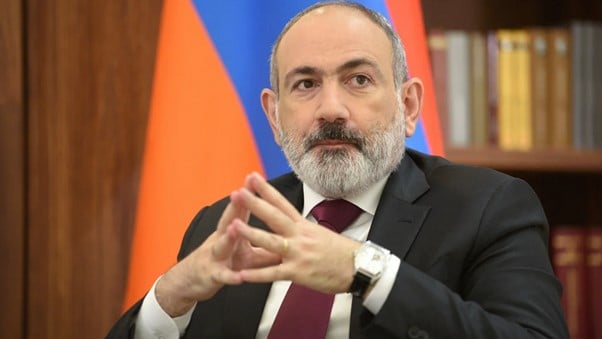
Mr Pashinyan said he was concerned that Armenia would be caught between Russia and the West. Photo: Karen Minasyan/AFP/Getty Images.
Or they could be worse. “We have to remember that Russia has a very big influence in this region,” Ter-Matevosyan said, referring to Russia’s large military base north of Yerevan.
For Mr. Ter-Matevosyan, the current Armenian government with “ideologies rooted in Western liberal values” has “seized the opportunity” to implement “some ideas, thoughts and beliefs that they have held for many years.”
“Whether they will succeed or not remains to be seen. But there is also the question of the price of these changes and diversifications. That is the question that many people are asking in Armenia,” Ter-Matevosyan said.
Nguyen Quang Minh (according to CNN)
Source



![[Photo] Looking back at the impressive moments of the Vietnamese rescue team in Myanmar](https://vstatic.vietnam.vn/vietnam/resource/IMAGE/2025/4/11/5623ca902a934e19b604c718265249d0)



![[Photo] "Beauties" participate in the parade rehearsal at Bien Hoa airport](https://vstatic.vietnam.vn/vietnam/resource/IMAGE/2025/4/11/155502af3384431e918de0e2e585d13a)




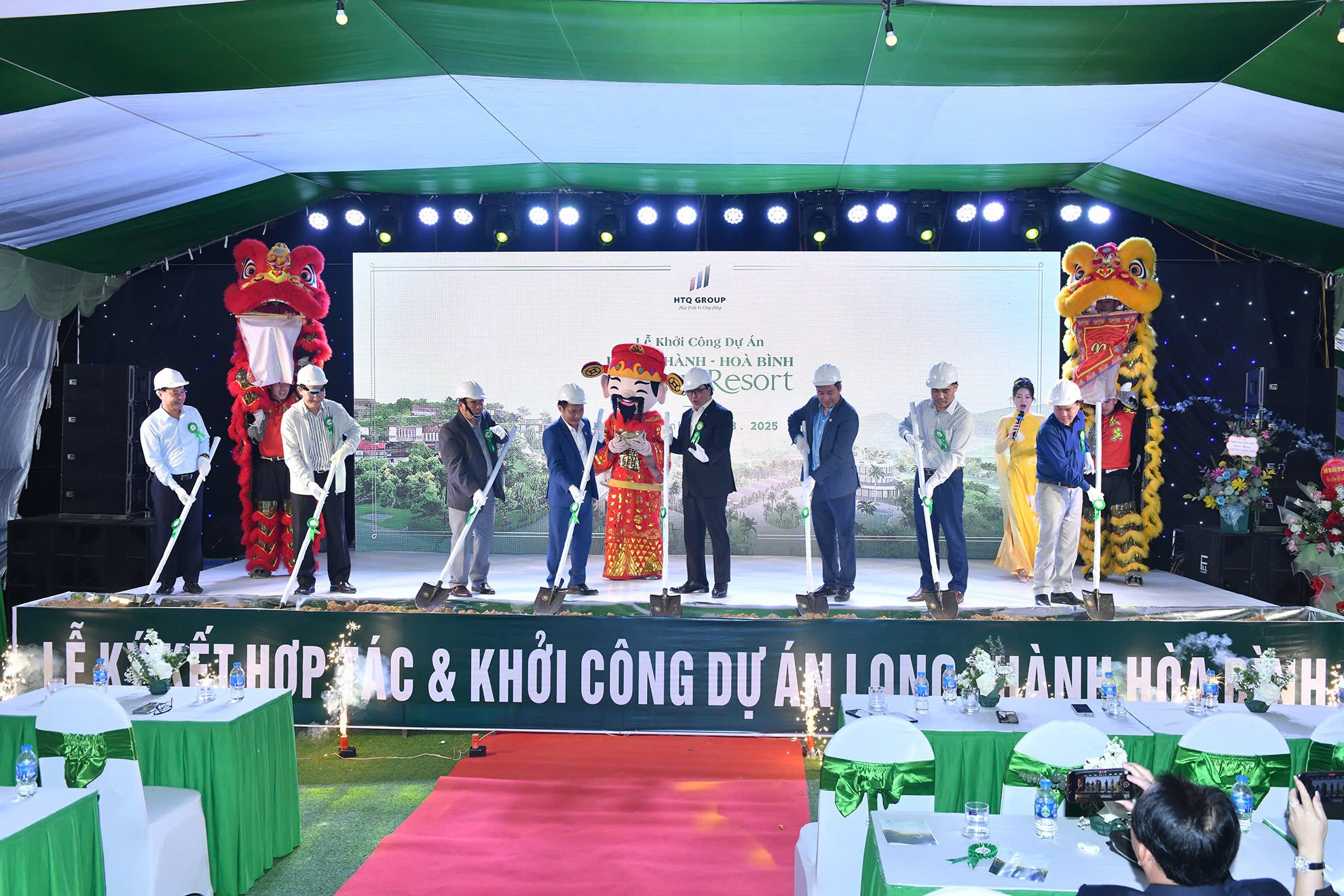

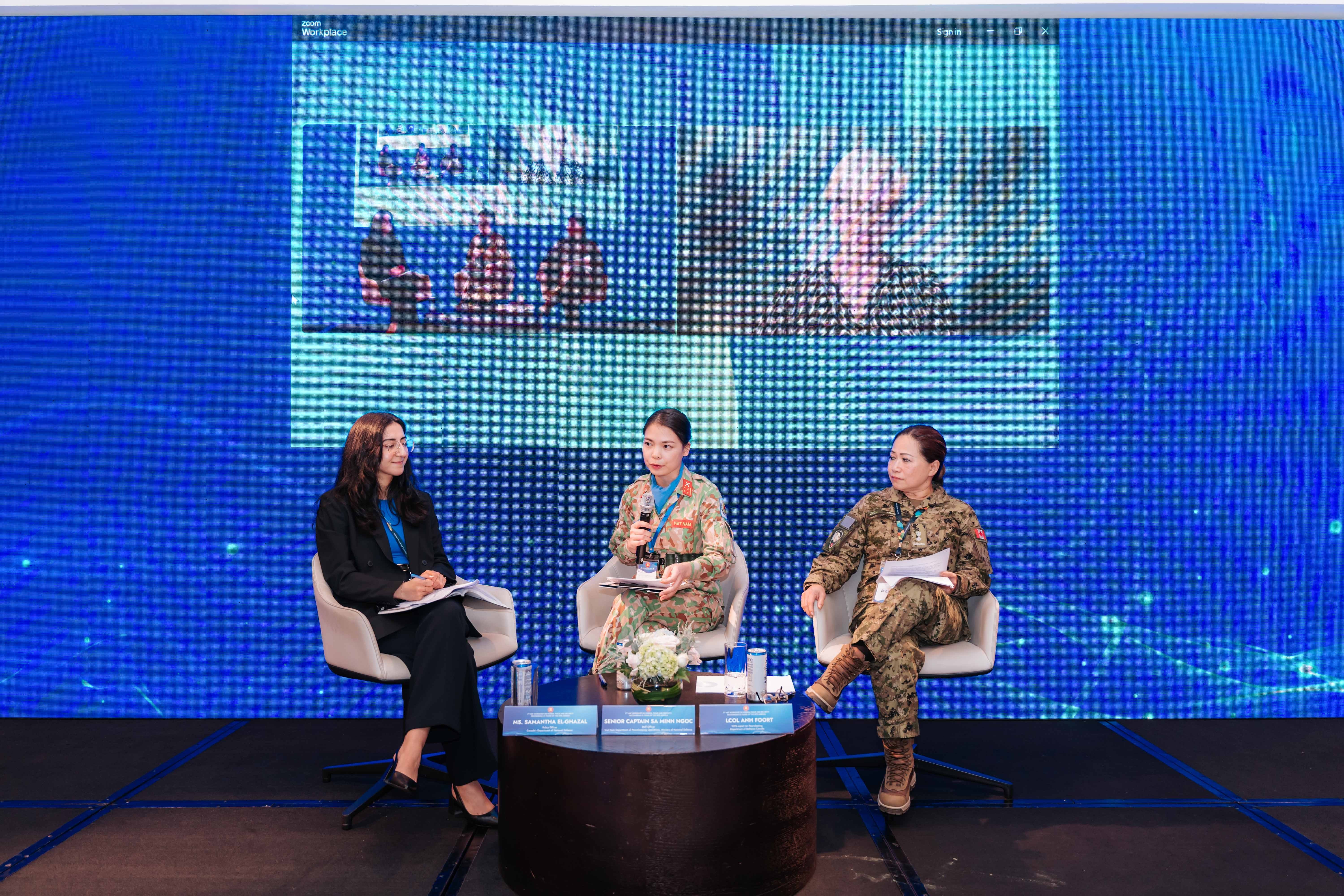

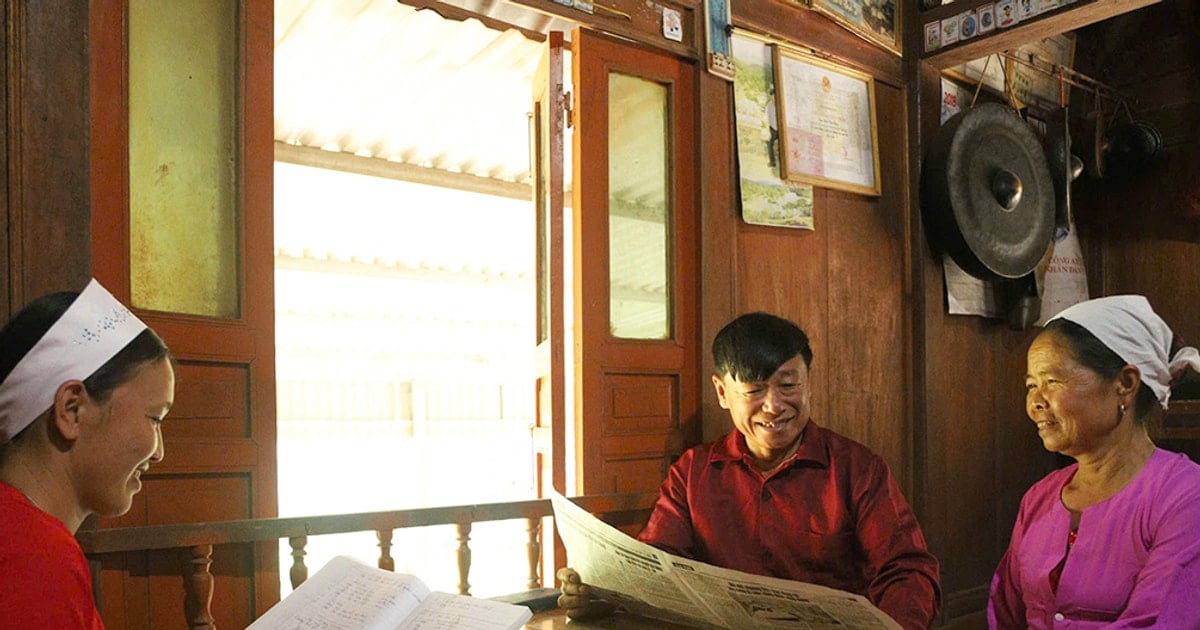


















![[Photo] Summary of parade practice in preparation for the April 30th celebration](https://vstatic.vietnam.vn/vietnam/resource/IMAGE/2025/4/11/78cfee0f2cc045b387ff1a4362b5950f)












































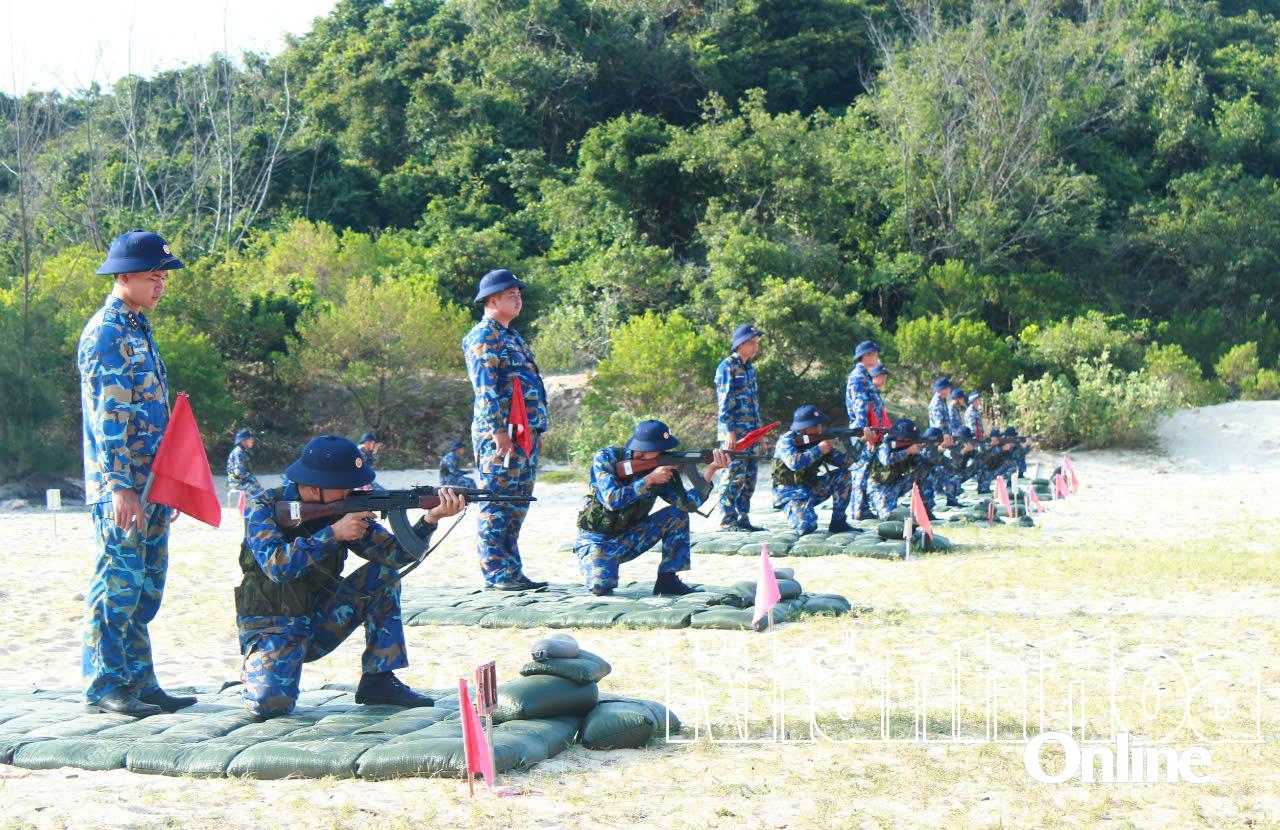



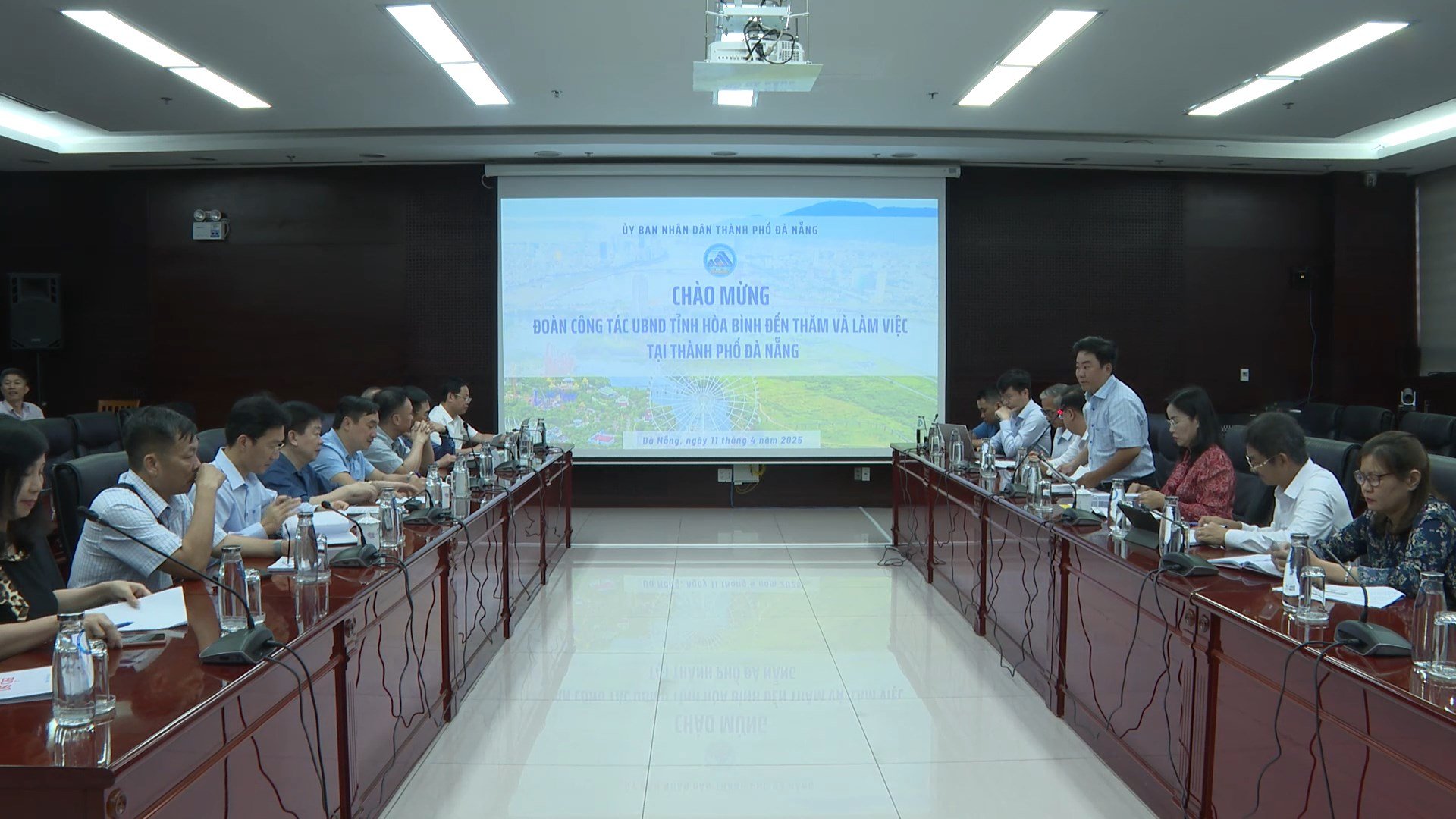










Comment (0)